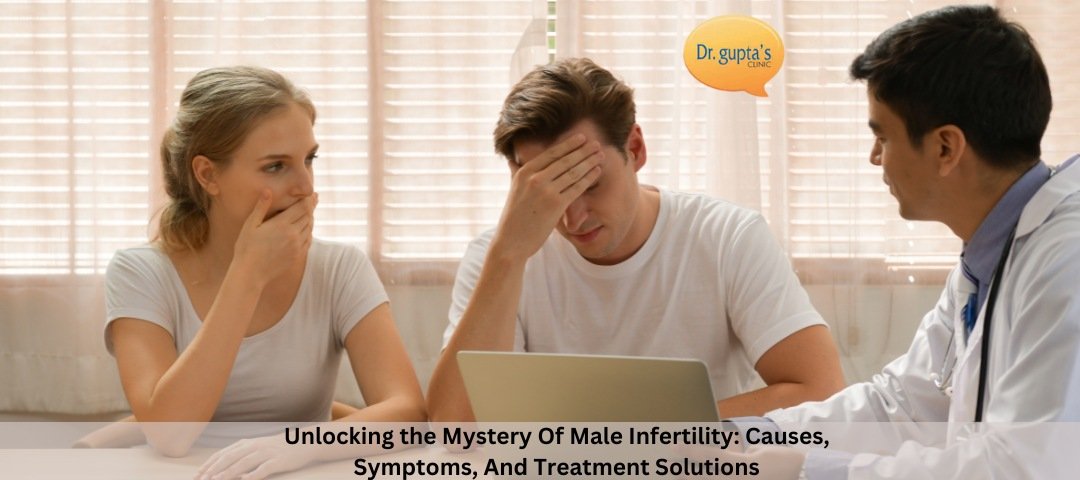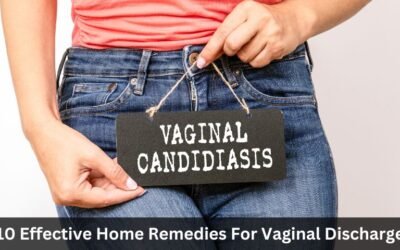Male infertility is a common condition caused by low sperm production, abnormal sperm production, and blockages preventing sperm delivery. There are various reasons behind male infertility, which include low sperm production, abnormal sperm production, and blockages preventing sperm delivery.
Symptoms Of Male Infertility
Some symptoms associated with male infertility may include problems with sexual function:
- Swelling or pain in the testicle area
- Abnormal breast growth,
- Decreased body or facial hair,
and other signs of hormonal abnormalities.
Low Sperm Count
One of the leading causes of male infertility is low sperm count, which refers to a decreased number of sperm in the semen ejaculated. Low sperm count can be caused by infections, surgeries, past and present health issues, chronic conditions, and structural problems of the penis or testicles. Hormonal imbalances can also play a role in sperm production, as the signals between the brain, pituitary gland, and testicles may be disrupted.
Hormonal Imbalances and Male Infertility
There is an important role of hormones in the production of sperm. Sometimes, the hormonal signals between the brain, pituitary, and testicles can stop. Hormones are chemical messengers in the body that regulate various processes, including sperm production, maturation, and function. When hormones are imbalanced, it can affect sperm production and function, leading to male infertility. As per the opinion of a sexologist doctor in India, this is a major cause of low sperm count.
Environmental and Lifestyle Factors on Male Infertility
Environmental and lifestyle factors can also affect male fertility. For example, smoking, alcohol consumption, exposure to toxic chemicals, and obesity are some habits and occupations that can contribute to low sperm count.
Treatment Of Male Infertility
Fortunately, there are treatment options available for male infertility. For example, lifestyle changes such as regular exercise, getting plenty of sunlight, and eating a healthy diet rich in fruits and antioxidants can help improve sperm count. In addition, supplements like D-aspartic acid (D-AA), which acts as a testosterone booster, have shown promising results in increasing testosterone levels, sperm count, and mobility in some studies.
In cases where oxidative stress is a contributing factor, coenzyme Co Q, a reliable antioxidant, may be prescribed. Aromatase inhibitors can also be used to prevent the breakdown of testosterone in the body. However, it’s essential to consult a qualified sexologist doctor in Kolkata or any other reputable healthcare professional for proper diagnosis and personalized treatment plans tailored to individual needs.
Conclusion
In conclusion, male infertility can have various causes, including low sperm count, hormonal imbalances, structural problems, and environmental factors. With proper medical guidance and lifestyle changes, it is possible to improve sperm count and fertility in many cases. If you suspect you may be experiencing symptoms of male infertility, seeking professional medical advice is recommended to determine the underlying cause and appropriate treatment options.
For more information, please visit the website.
Website: https://www.drguptas.com/
You can also contact us through mail on: drguptasclinic@gmail.com
Or can also call us on: +91 9831834215
Related Blogs
How To Stop Masturbation In Men: Effective Ways To Overcome Masturbation Addiction
Are you in the habit of masturbating a lot? If yes, then you are on the right page! Masturbation is a natural and healthy aspect of human sexuality, contributing to sexual pleasure and overall sexual well-being. However, when it becomes an uncontrollable masturbation...
10 Effective Home Remedies For Vaginal Discharge
Many women have white discharge, also known as leucorrhoea, which is an issue that usually affects young girls of school age. This discharge problem occurs at a certain time period of the menstrual cycle. Girls and women shouldn't worry because the amount of white...
PCOD Diet: Foods To Eat And Avoid
Many immature or partly developed eggs are released by the ovaries as a result of polycystic ovarian disease (PCOD), which leads to cyst formation. Reduced symptom severity is a primary goal of PCOD diet and therapy. Indications of PCOD include painful or irregular...




